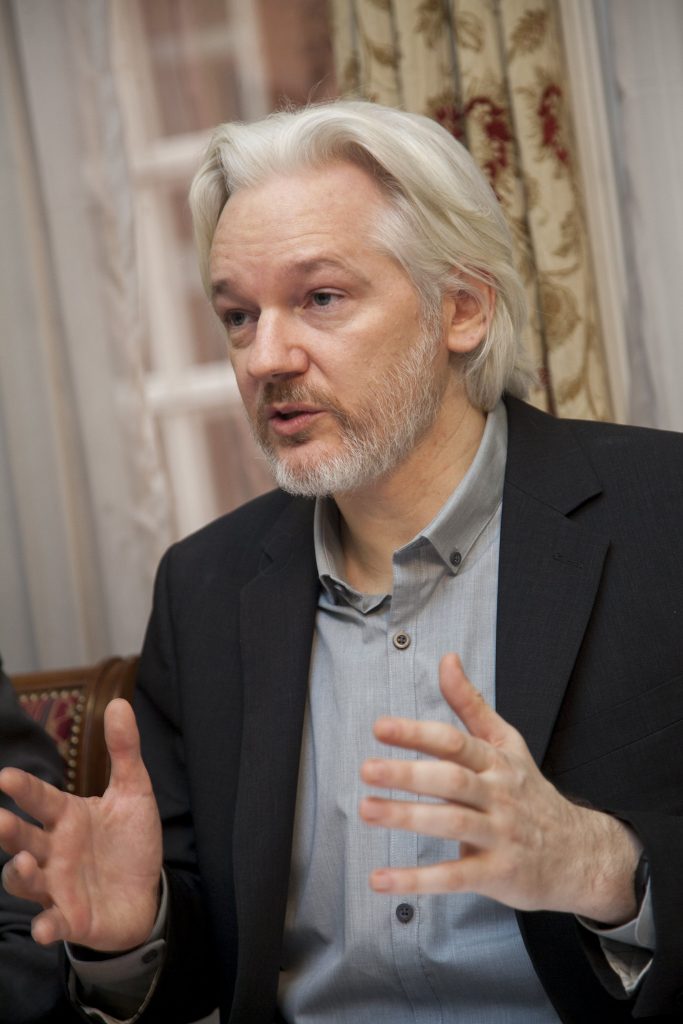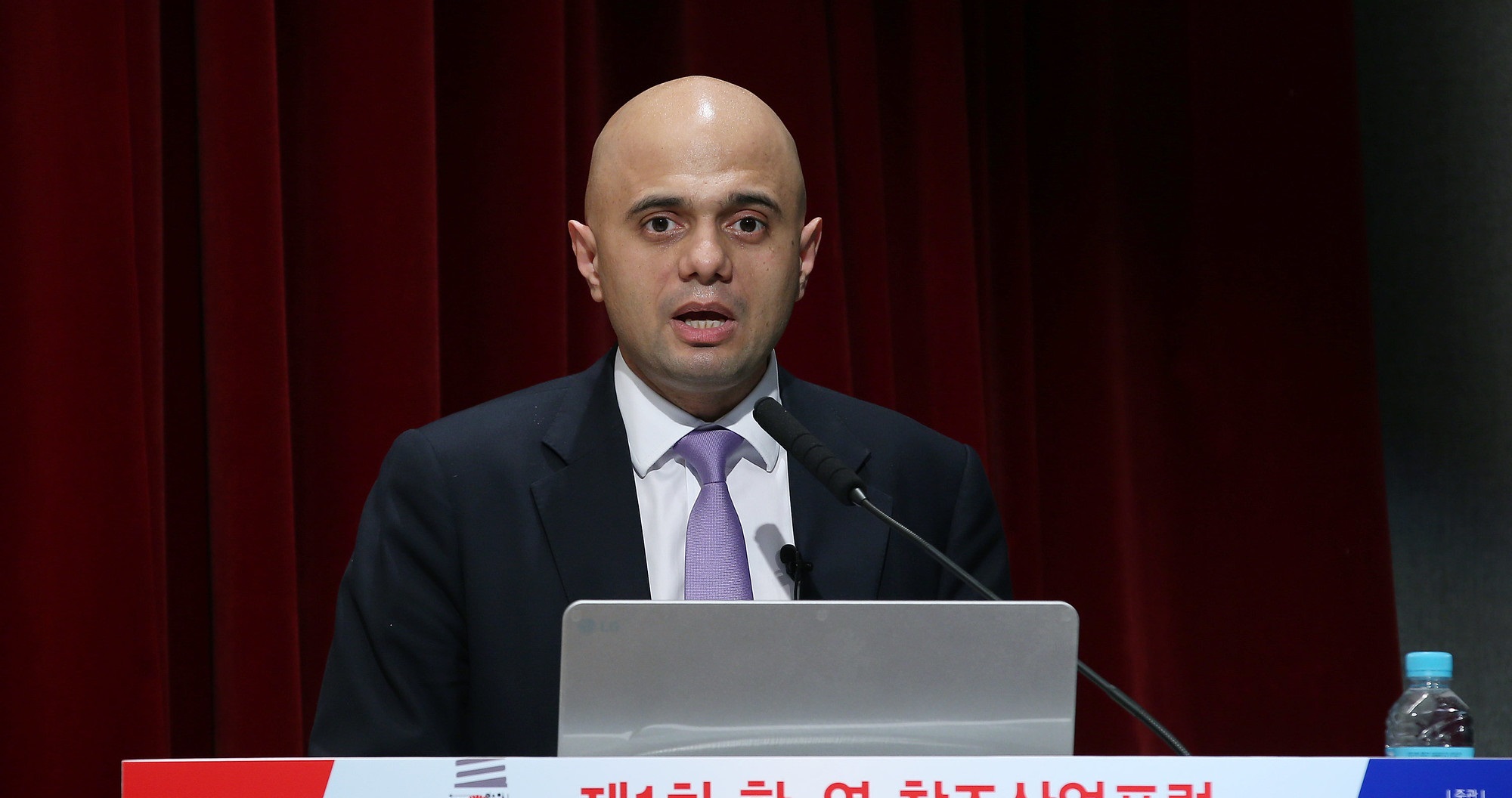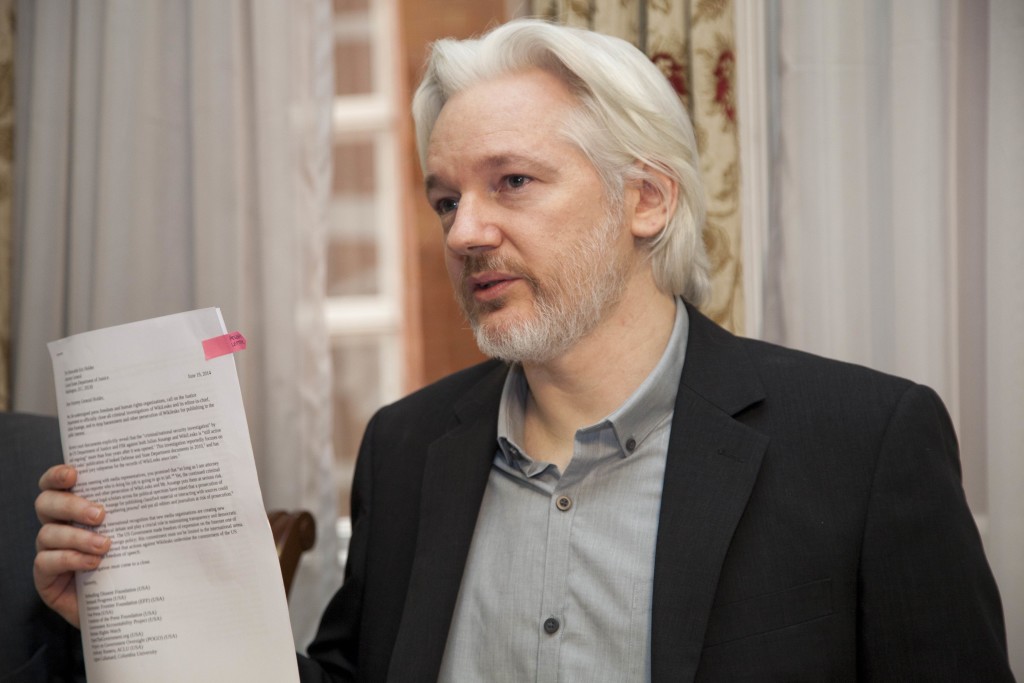WikiLeaks co-founder Julian Assange is facing possible extradition to the United States, where he could spend decades behind bars, after being charged with violating the Espionage Act.
He also faces the possibility of being extradited to Sweden, after an investigation into an allegation of rape made against him was reopened earlier this month, although no arrest warrant has been issued yet.
The 47-year-old Australian journalist is currently serving a 50-week jail sentence at Belmarsh prison in London.
He was convicted last month of breaching bail conditions for claiming political asylum in the Ecuadorian Embassy in London in 2012 to avoid extradition to Sweden over allegations of sexual assault and rape.
He remained there for nearly seven years, under the 24-hour surveillance of Metropolitan Police officers hoping to arrest him, in what a panel of UN human rights experts deemed to constitute “arbitrary detention”.
With Mr Assange’s future looking uncertain and complicated, RightsInfo spoke to a human rights barrister who specialises in extradition cases to understand what could happen next.
What Is Julian Assange Accused Of?

Image Credit: David G Silvers/ Ecuador Embassy./Flickr
Last week, the US Department of Justice revealed its latest indictment against Mr Assange, which includes 17 counts of espionage:
- one count of conspiracy to receive national defence information
- seven counts of obtaining national defence information
- nine counts of disclosing national defence information
He also faces an additional charge of conspiracy to commit computer misuse.
Mr Assange co-founded Wikileaks in 2006 and since then it has published millions of confidential governmental files and documents – including the famous “Collateral Murder” video.
With the indictment, the ‘leader of the free world’ dismisses the First Amendment – hailed as a model of press freedom around the world – and launches a blatant extraterritorial assault outside its borders.
Kristinn Hrafnsson, Editor-in-chief of WikiLeaks
“Assange’s actions risked serious harm to United States national security to the benefit of our adversaries,” the US Justice Department said in a statement unveiling an 18-count indictment.
It goes on to accuse Mr Assange of risking harm to “local Afghans and Iraqis, journalists, religious leaders, human rights advocates, and political dissidents from repressive regimes” by allegedly publishing their unredacted names.
Responding, WikiLeaks’ editor-in-chief Kristinn Hrafnsson said: “This is the evil of lawlessness in its purest form.
“With the indictment, the ‘leader of the free world’ dismisses the First Amendment – hailed as a model of press freedom around the world – and launches a blatant extraterritorial assault outside its borders, attacking basic principles of democracy in Europe and the rest of the world.”
Earlier this month, Swedish prosecutors also re-opened an investigation into rape and sexual assault allegations made against Mr Assange in 2010 while on a visit to the country that summer.
Four allegations had been made against him by two women. However, the time limit for bringing charges in relation to three of the allegations has expired with the third allegation, of rape, also due to expire in 2020.
Assange was released on conditional bail from Wandsworth prison in December 2010, while fighting Sweden’s European Arrest Warrant (EAW).
However he lost his final legal challenge at the Supreme Court in 2012.
Mr Assange was subsequently required to surrender to Belgravia Police Station but failed to do so – a separate criminal offence for which he is currently serving 50-weeks in prison – instead seeking refuge in the Ecuador Embassy for nearly seven years.
Swedish prosecutors dropped the rape investigation in May 2017, feeling they could not progress the case while Assange remained in the Embassy.
But, following his eviction and arrest last month, the Swedish Prosecution Authority announced it would reopen the investigation.
Timeline: The Saga So Far
What Next?

Image Credit: Republic of Korea/Flickr
Human rights barrister Dan Sternberg, a specialist in extradition at Temple Garden Chambers, told RightsInfo that Mr Assange might look to the Human Rights Convention (HRC) to fight his extradition requests.
“The main issue that is novel is the extent to which Article 10 [of the HRC] can be engaged in extradition proceedings,” he said.
This article protects the right to freedom of speech from arbitrary government interference.
However this right is qualified and public bodies can take proportionate actions to restrict it if they can show it is necessary to protect national security, among other reasons.
[Julian Assange] may argue that he will be kept in a super max prison which he would say does not meet international standards.
Dan Sternberg, Specialist Extradition Barrister at Temple Garden Chambers
“I understand his defence may be that he was only pursuing journalistic activities and that the US’ request is a disproportionate interference in that,” Mr Sternberg said.
“That is an interesting point as there is no real precedent.”
Mr Sternberg added that it is possible Mr Assange might also oppose the US’ extradition request under Article 3 of the HRC – our right not to be subjected to torture or inhuman or degrading treatment.
“He may argue that he will be kept in a super max prison which he would say does not meet international standards” Mr Sternberg said.
“It will really depend on the evidence he can gather [indicating] that he may be subject to inhuman or degrading treatment.”
Should Sweden request Mr Assange’s extradition, Mr Sternberg said that there are fewer human rights grounds that can be could relied on.
“The issue in relation to Article 10 would not be available there,” Mr Sternberg said, given the Swedish cases concern sexual offences and not the disclosure of information.
“There has been recent precedent on this issue and the High Court has upheld [Swedish prisons] and found they are not in breach of Article 3.”
He added: “The human rights issues will be less powerful for him and it will be down to more technical points.”
The decision of which extradition request to prioritise sits with Home Secretary Sajid Javid, according to the 2003 Extradition Act.
Among the factors the Home Secretary must consider is the relative seriousness of the offences Mr Assange is accused of, the location in which they took place, and the date each warrant was issued.
Mr Sternberg said: “At the moment there isn’t a live Swedish EAW. But, if there were one, the US case might well take priority as the US will argue it involves damage to national security.”
In her role as former Home Secretary, Theresa May blocked the extradition of Gary McKinnon to the United States on human rights grounds in 2012 after he hacked into US government computers.
Mr McKinnon, who was diagnosed with Asperger’s syndrome, claimed he was looking for evidence of UFOs.







